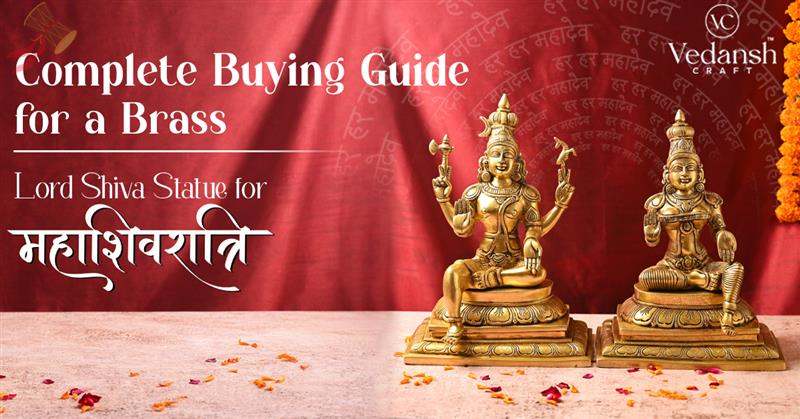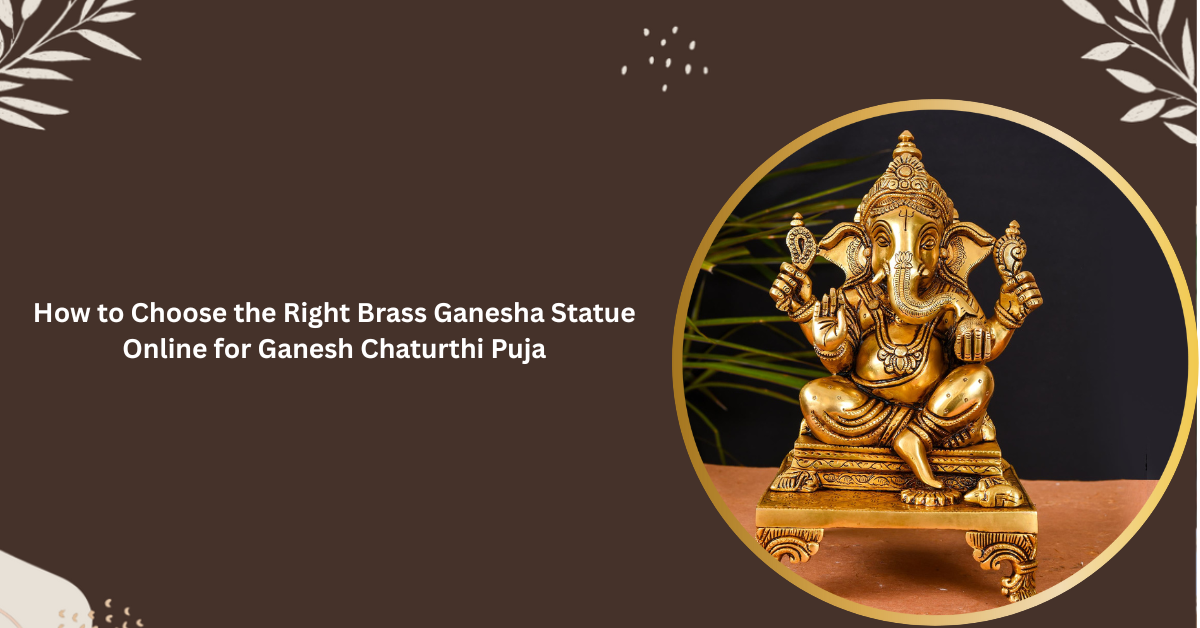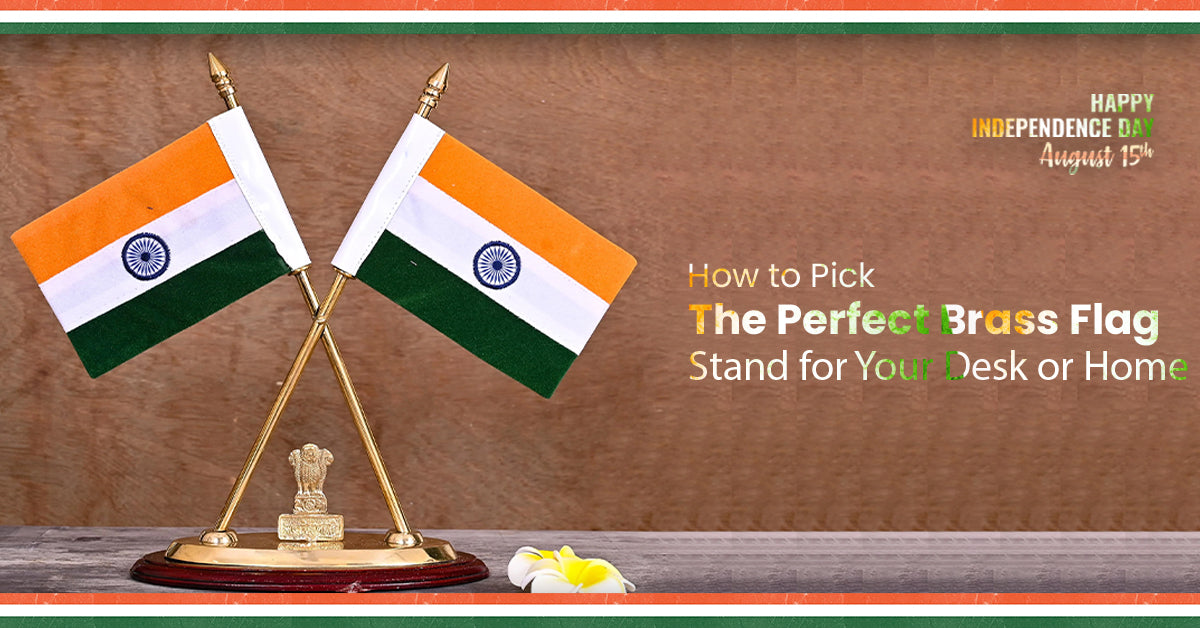

Raksha Bandhan 2023: Shubh Muhurat & Date
, by javed techqart, 9 min reading time
Raksha Bandhan, also known as Rakhi festival, is one of India's most cherished and ancient festivals. "Raksha Bandhan" translates to "the bond of protection." This auspicious occasion is observed on the full moon day of the Hindu lunar month of Shravana, which usually falls in August. The festival celebrates the deep and unconditional love between siblings, reinforcing their beautiful bond.
The roots of Raksha Bandhan 2023 can be traced back to various historical and mythological stories. One such legend involves the ancient Indian epic, the Mahabharata. According to this tale, when Lord Krishna injured his finger while handling a weapon, Draupadi, the wife of the Pandavas, tore a piece from her saree and tied it around his finger to stop the bleeding. Touched by her concern and care, Lord Krishna promised to protect Draupadi in return. This act of brotherly love and protection became the foundation of Raksha Bandhan.
Celebrating the Bond between Siblings
Raksha Bandhan 2023 holds immense significance in Indian culture as it celebrates the sacred bond between brothers and sisters. It is a day when siblings come together to express their love, respect, and gratitude toward each other. The Rakhi, a colorful and decorative thread, symbolizes the sister's love and affection for her brother. She seeks his protection and blessings by tying the Rakhi on her brother's wrist.
On the other hand, the brother acknowledges this gesture and promises to safeguard his sister and support her in times of need. This promise is a ritual and a heartfelt commitment to care for and protect his sister throughout her life. The festival beautifully exemplifies the unique and strong bond of love between siblings, transcending the boundaries of age and time.
The celebration of Raksha Bandhan also extends beyond biological siblings. In a broader sense, it promotes the spirit of brotherhood and sisterhood among people, fostering a sense of unity, compassion, and mutual respect in society.
Rakhi 2023 Shubh Muhurat
On the occasion of Raksha Bandhan, celebrated on the full moon day of the Hindu lunar month of Shravana, this year, the Purnima (full moon) date falls on 30th August. However, it is believed that on 30th August, there is Bhadra Kaal during the Purnima period. According to Hindu traditions, Rakhi is not tied during the Bhadra Kaal as it is considered inauspicious. Therefore, Raksha Bandhan will be celebrated for two days this year, on the 30th and 31st of August 2023.
As per the Panchang (Hindu calendar), the Purnima Tithi (full moon day) of the Shravana month begins at 10:58 AM on 30th August and ends at 7:05 AM on 31st August. During this period, Bhadra starts from the beginning of Purnima Tithi on 30th August at 10:58 AM and continues until 9:01 PM on the same day.
Due to Bhadra on 30th August, there is no auspicious time to tie Rakhi during the daytime. The suitable Muhurat to tie Rakhi on this day is after 9:00 PM. However, on 31st August, there is no Bhadra during the Purnima period. Hence, sisters can tie Rakhi to their brothers from the early morning until 7:05 AM.
Therefore, this year, Raksha Bandhan can be celebrated on both the 30th and 31st August with the following Muhurat:
- Rakhi Muhurat on 30th August: After 9:00 PM.
- Rakhi Muhurat on 31st August: From sunrise until 7:05 AM.
Please note that the timings mentioned here are approximate and based on the Panchang for a specific location. For precise Muhurat timings for Raksha Bandhan in your region, it is advisable to consult a local Panchang or seek guidance from a knowledgeable priest or astrologer.
Brass Pooja Items for Rakhi 2023 Celebrations
By incorporating these important Brass Pooja items into Rakhi 2023 celebrations, the festival becomes a spiritually enriching and memorable experience for siblings, symbolizing their bond of love and protection.
Brass Pooja Thali
In Hindu culture, a pooja thali, also known as a worship plate, plays a vital role in performing various rituals, including Raksha Bandhan. The use of a brass pooja thali holds significant symbolism. As a metal, brass is considered sacred and is believed to purify the offerings made during the pooja. The pooja thali rakhi is traditionally made of brass due to its auspicious properties and its association with spirituality.
The brass pooja thali rakhi typically features multiple compartments to hold different items used during the ceremony, such as Roli (vermilion powder), Akshat (rice grains mixed with turmeric), sweets, and the sacred Rakhi thread. The pooja thali rakhi represents unity as it brings together all the essential elements required for the ritual, symbolizing the bond between siblings.
Brass Diya
Lighting a Brass Diya, an oil lamp, holds immense significance during Rakhi festival celebrations. The diya signifies the presence of light, believed to dispel darkness and negativity. Lighting the diya symbolizes dispelling ignorance and inviting knowledge and wisdom into one's life.
Using a Brass Diya holds special importance because brass is considered a pure and sattvic (spiritually pure) metal. The light from the diya is not only a way to pay homage to the deities but also represents the love and positivity shared between siblings. It is a beautiful reminder of the light that siblings bring into each other's lives through their love and support.
Brass Bell
The ringing of a brass bell is integral to most Hindu rituals, including Raksha Bandhan. The bell is rung before and after the pooja, as it is believed to invite the divine presence's attention and signal the ceremony's beginning and end.
The sound of the bell is said to create positive vibrations and cleanse the surrounding environment. During Raksha Bandhan, the ringing of the brass bell enhances the overall spiritual atmosphere, adding a touch of sacredness to the celebration. It also serves as a reminder of the divine protection sought for the sibling bond.
Brass Agarbatti Holder
Offering incense sticks (agarbatti) during the pooja is common in many Hindu rituals, including Raksha Bandhan. A brass agarbatti holder is preferred due to the metal's sanctity and ability to conduct heat effectively.
The fragrance of the incense is believed to purify the surroundings and create a serene atmosphere for the rituals. The incense also symbolizes the prayers and intentions carried by the rising smoke to the divine realms, seeking blessings for the well-being and prosperity of the siblings.
Brass Kalash
A brass kalash filled with water and decorated with mango leaves is an essential element in many Hindu rituals, including Raksha Bandhan. The kalash is considered a symbol of abundance, purity, and divine blessings.
During the Rakhi 2023 ceremony, the water in the kalash represents the source of life, and the mango leaves signify prosperity and growth. Placing the kalash in the pooja thali adds to the overall auspiciousness of the occasion, invoking the blessings of the deities for the longevity and well-being of the sibling relationship.
Using brass for the kalash further enhances its significance, as it is believed that water stored in brass vessels gains certain therapeutic properties and becomes charged with positive energy.
The Rituals of Raksha Bandhan 2023
A. Tying the Rakhi
The primary ritual of Raksha Bandhan is the ceremony of tying the Rakhi. On the festival day, sisters prepare for the occasion by selecting beautiful Rakhis for their brothers. These Rakhis come in various designs, from traditional threads adorned with beads and sequins to more intricate and modern styles.
During the ceremony, sisters perform an aarti (a traditional ritual of waving a lamp in front of the deity) for their brothers, seeking divine blessings for their well-being. They then tie the Rakhi on their brothers' wrists and apply a vermilion mark (tilak) on their foreheads to symbolize good luck and prosperity. In return, brothers shower their sisters with love and appreciation, offering gifts and sometimes even monetary tokens as a gesture of affection.
B. Exchange of Gifts
The exchange of gifts is an essential aspect of Raksha Bandhan celebrations. Siblings exchange thoughtful presents to express their love and care for each other. The gifts need not be extravagant; they could be something as simple as a box of sweets, clothing, books, or personal items with special meaning for the recipient. The essence lies in the sentiment behind the gift, reflecting the emotional bond shared between siblings.
C. Prayers and Blessings
Raksha Bandhan is not just about tying the Rakhi and exchanging gifts; it is also a time for prayers and seeking blessings. After the Rakhi 2023 ceremony, families often gather to offer prayers and seek divine blessings for the well-being and prosperity of each family member. The blessings of elders hold great significance and are considered a source of strength and guidance for the siblings.
The prayers and blessings offered during Raksha Bandhan 2023 reinforce the spiritual aspect of the festival, instilling a sense of gratitude and humility among family members.
Raksha Bandhan 2023
As we celebrate Raksha Bandhan in 2023, let us cherish this beautiful festival and use it to express our gratitude, love, and appreciation for our siblings. May the spirit of Raksha Bandhan inspire us to embrace diversity, spread love and harmony, and strengthen the bonds that hold our families together.
Wishing everyone a joyous and harmonious Raksha Bandhan 2023 celebration! May the threads of love that bind us grow stronger each year.
Blog posts




